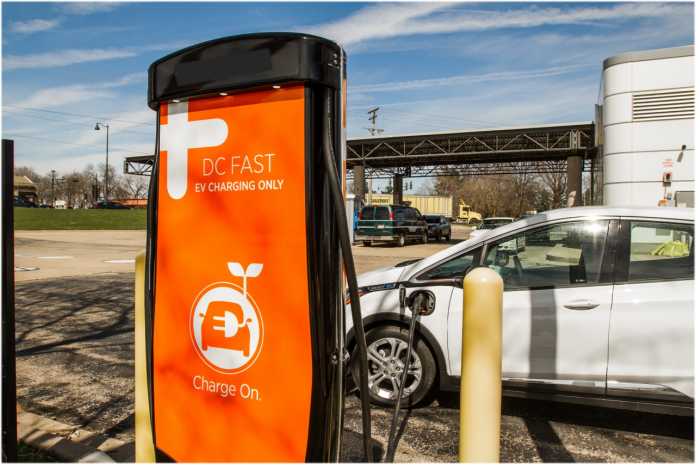The J.D. Power 2024 U.S. Electric Vehicle Experience Ownership Study reported that the availability of public chargers is the least satisfying aspect of owning a battery electric vehicle (BEV), with satisfaction levels declining. The study evaluates the satisfaction of first-year EV ownership across premium and mass markets, covering crucial factors such as battery range, cost, and design.
The MINI Cooper Electric has been ranked as the best mass-market BEV for two years in a row, while the BMW i4 has secured the top spot overall among premium BEVs. Both models have excelled in car quality and reliability, outperforming their nearest competitors in each segment by over 60 points on a 1,000-point scale.
According to Brent Gruber, the executive director of J.D. Power’s EV practice, “The increase in the number of EVs in the new vehicle market marks a significant step towards the shift to vehicle electrification.”
The study highlights worsening public charging experiences, particularly for non-Tesla EV owners, marking it as a critical issue needing urgent action, with mass market BEV owners’ satisfaction dropping 32 points from the previous year. In contrast, mass-market BEVs outperform premium BEVs in quality and experience fewer problems, emphasizing the importance of reliability for a positive EV ownership experience.
However, first-time BEV owners report lower satisfaction levels than BEV veterans, with a widening satisfaction gap now at 28 points, driven by concerns over battery range and public charging, indicating a decline in satisfaction for newcomers. While most BEV owners are likely to choose BEVs again, first-timers show interest in alternatives, with 48% considering PHEVs and 39% open to hybrids or ICE vehicles, compared to previous BEV owners’ lower willingness to switch.
Despite suggestions that PHEVs could address BEV challenges like range anxiety and charging issues, PHEV owners report significantly lower satisfaction than BEV owners, questioning PHEVs as a viable alternative. PHEVs receive notably lower satisfaction scores at 629, in comparison to the mass market at 718 and premium BEVs at 75. These scores cast doubt on their ability to offer a simple solution, highlighting their higher ownership costs and limited electric range benefits.



